Normanhurst NSW 2076, Australia
After hours (Available by Appointment)
General dentistry focuses on the health of your teeth and mouth and it is important for the early detection of any problems.
General dental services focus on promoting good dental hygiene and healthy teeth and mouth. This is important for the early detection of any problems and leads to less complex preventive treatment.
This is achieved through routine, comprehensive, check ups which include examination of teeth, gums and soft tissue. Early detection of any condition can prevent more serious problems later. Regular examinations are important even when you have false teeth or dentures.
Detecting and treating dental problems at an early stage can save you time, money, unnecessary discomfort, and your teeth!
Our teeth have number of grooves and areas in between where bacteria hide. Unfortunately, however thoroughly we brush our teeth, we’re unable to reach these microscopic food particles and bacteria.
This means it’s really important to come in for a professional dental check up and teeth cleaning every six months. Our clinicians can identify any early decay or infection and deal with them promptly and effectively. This prevents the cost and inconvenience of elaborate treatment.
Normanhurst Dental strongly believe a stitch in time saves nine!!! We are committed to the best preventive dental treatment and to encourage the habit of oral hygiene and regular check up a number of incentives are provided. Please speak to our clinicians about the best dental health program for you and your family. You can make an appointment online.

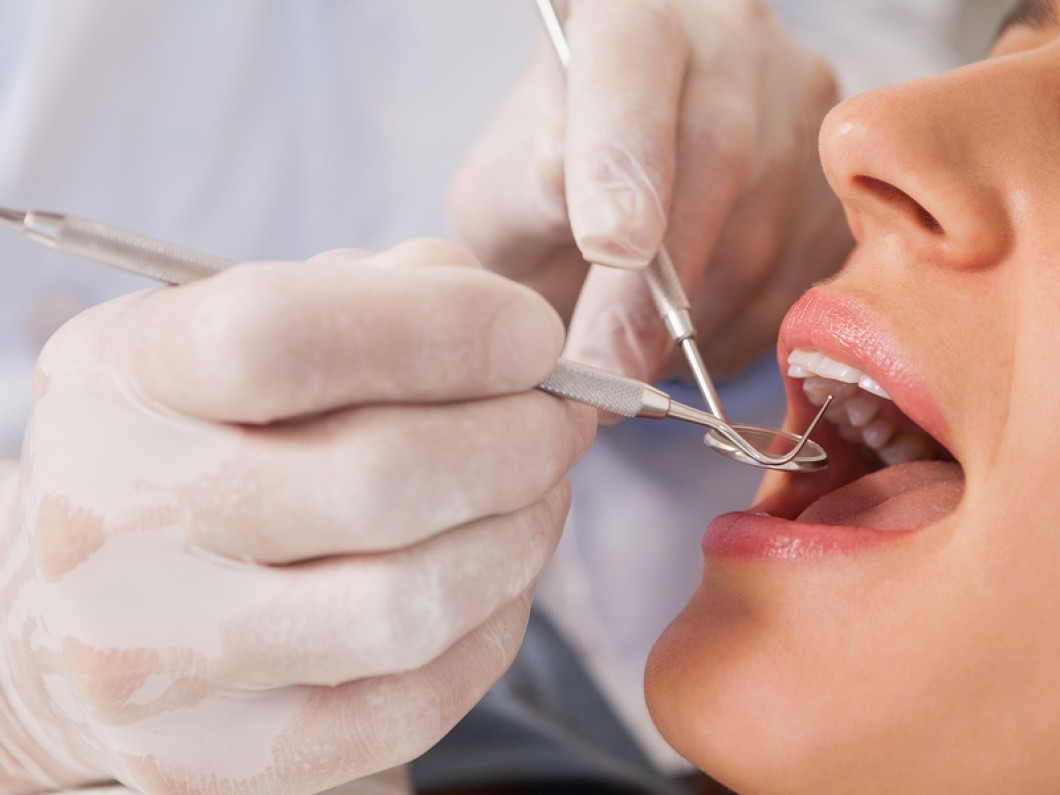
A comprehensive dental exam will be performed by your dentist at your initial dental visit. At regular check-up exams, your dentist will include the following:
Examination of diagnostic x-rays (radiographs): Essential for detection of decay, tumors, cysts, and bone loss. X-rays also help determine tooth and root positions.
Gum disease evaluation: Check the gums and bone around the teeth for any signs of periodontal disease.
Examination of tooth decay: All tooth surfaces will be checked for decay with special dental instruments.
Examination of existing restorations: Check current fillings, crowns, etc
Professional dental cleanings (dental prophylaxis) appointment will include a dental exam and the following::
Removal of calculus (tartar): Calculus is hardened plaque that has been left on the tooth for some time and is now firmly attached to the tooth surface. Calculus forms above and below the gum line and can only be removed with special dental instruments.
Removal of plaque: Plaque is a sticky, almost invisible film that forms on the teeth. It is a growing colony of living bacteria, food debris, and saliva. The bacteria produce toxins (poisons) that inflame the gums. This inflammation is the start of periodontal disease!
Teeth polishing: Remove stain and plaque that is not otherwise removed during tooth brushing and scaling.
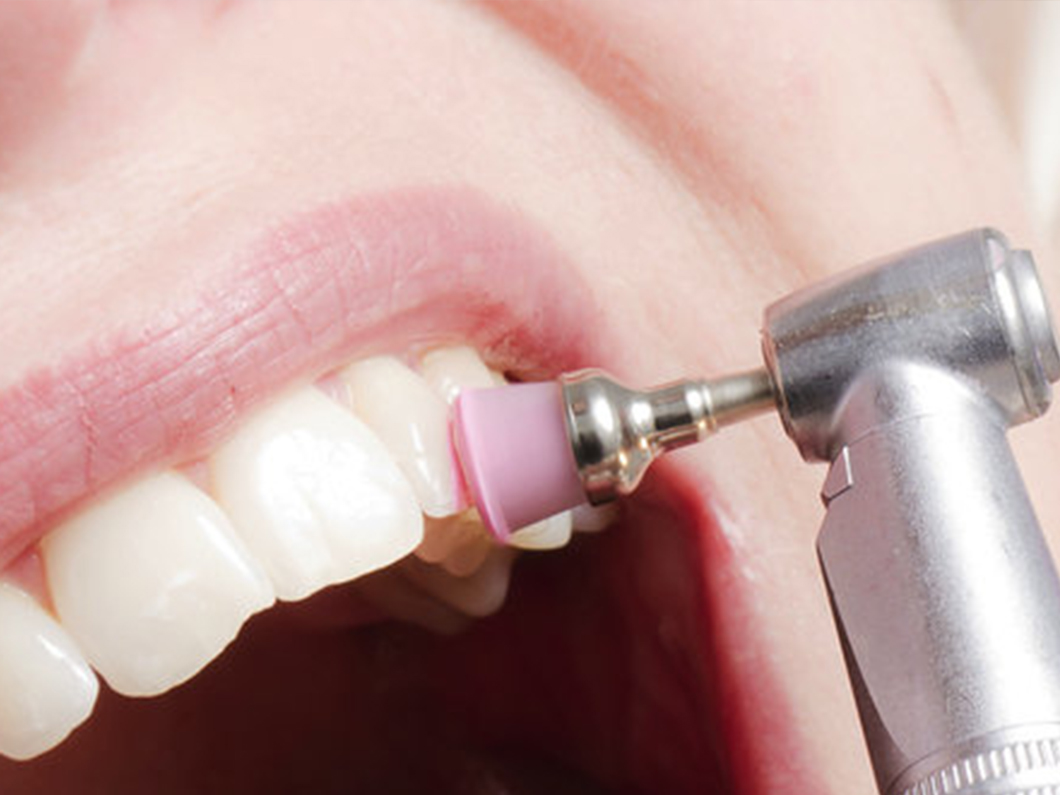
Prophyflex 4 is an air polishing device enables precise and gentle cleaning, optimal supra- and subgingival application.
Benefits of prophyflex air polishing system-
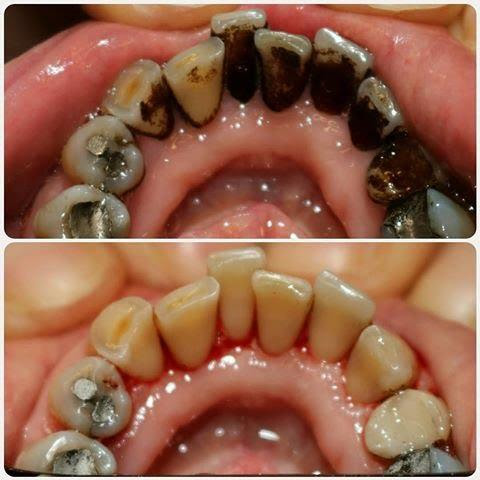
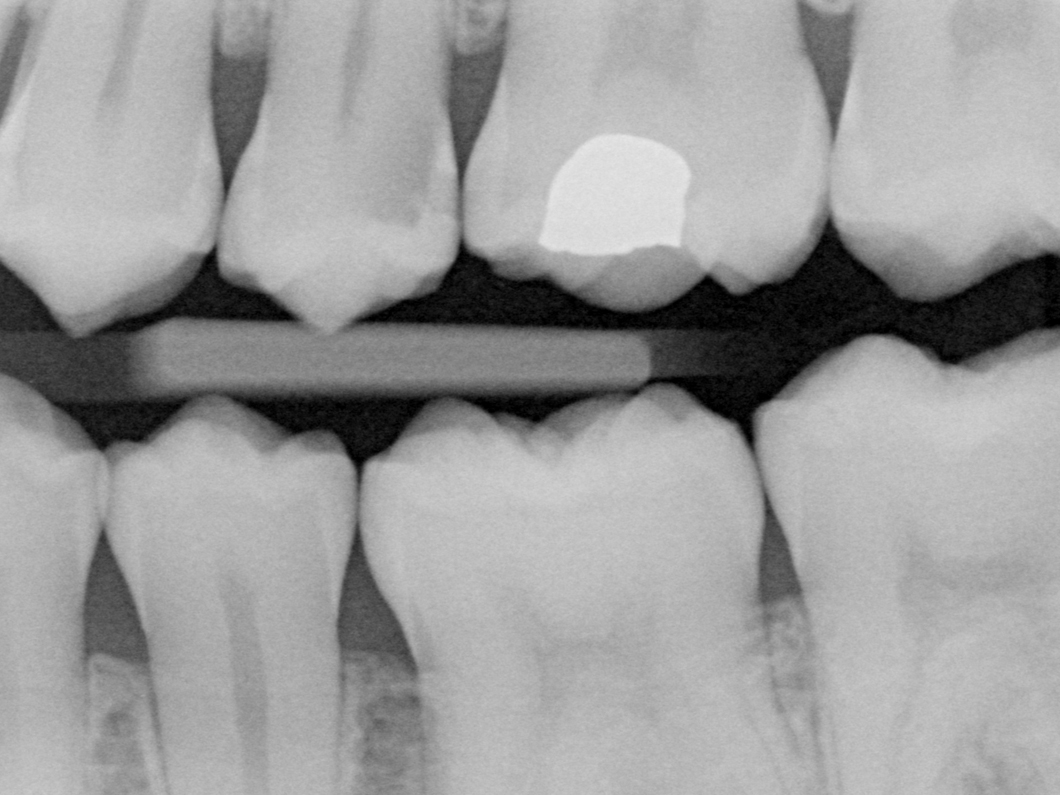
Dental radiographs (x-rays) are essential, preventative, diagnostic tools that provide valuable information not visible during a regular dental exam.
Dentists and dental hygienists use this information to safely and accurately detect hidden dental abnormalities and complete an accurate treatment plan. Without x-rays, problem areas may go undetected.
Dental x-rays may reveal decay between the teeth, bone loss, abscesses or cysts, developmental abnormalities, poor tooth and root positions etc.
Intraoral images include
Bite wings: These are x-rays that are taken to detect interproximal (in between adjoining teeth) cavities (holes).
Periapicals: which are comprehensive x-rays that are taken of a specific tooth to identify localised problems. They show the whole tooth from the crown (top) to beyond the end of the root to where the tooth is anchored in the jaw.
A dental restoration (or ‘filling’) is the process of repairing the function and structural integrity of damaged tooth structure, using a dental restorative material.
Causes of damaged tooth structure include: tooth decay, trauma, fracture or wear.
There are two types of restorative materials used depending on the size of the restoration required: composite resin or ceramic (porcelain). Both of these materials are matched to your natural tooth colour.
There are two types of dental restoration procedures:
Direct Restorations: Used for smaller restorations, a composite resin filling material is placed into the prepared tooth cavity.
Indirect Restorations: Used for larger restorations, they require a custom made ceramic (porcelain) tooth replacement filling. These are called inlays and onlays.
An inlay is a filling applied to the inside of a tooth. An onlay is a filling applied both in and over the cusp (outer edge) of the tooth.
Ask Us about Restorative Dentistry
For personalised advice about the best treatment for you, contact our office on(02) 99898565. You can also make an appointment online today.
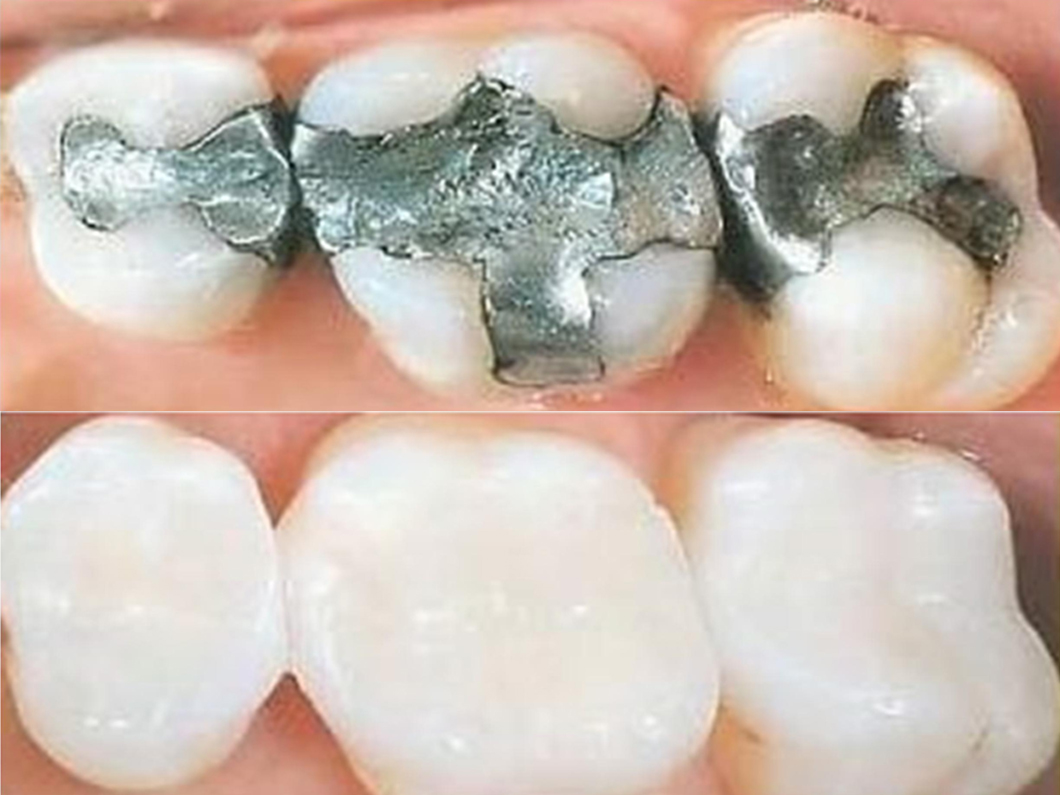
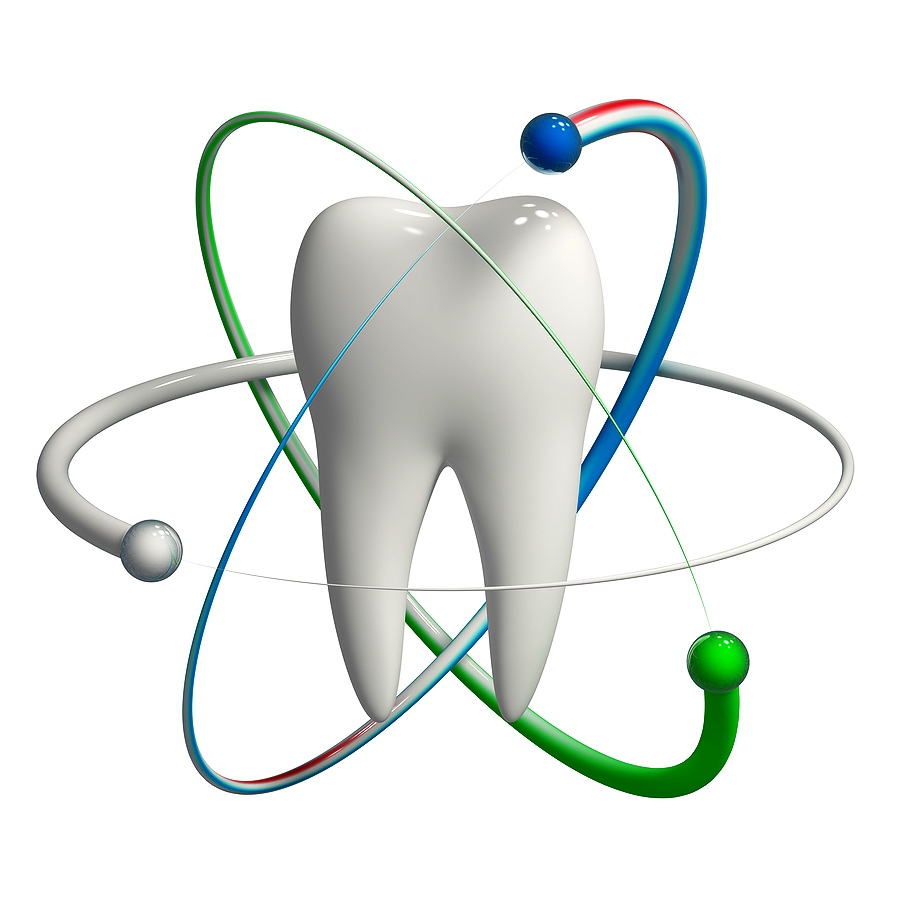
Fluorides have been identified as the most efficient agents to prevent dental decay or cavities.
They make the teeth more strong and resistant to withstand bacterial attacks, acidic foods, hot and cold temperatures, as well as stresses created by chewing hard foods.